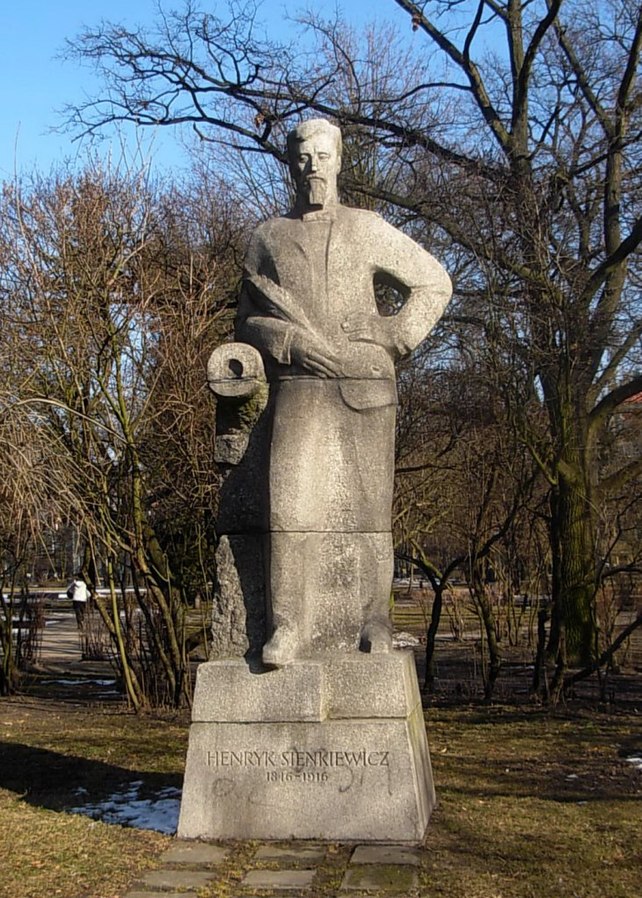On 10 December 1905, Henryk Sienkiewicz was the first Pole to receive the Nobel Prize for literature. The writer used the occasion to interest the rest of the world in the cause of Poland.
Poland had not existed on world maps since 1795, when Austria, Prussia and Russia carried out the last partition of Poland and seized the country’s lands by force. During the occupation, Poles instigated armed uprisings against the invaders, but none of them were successful.
Sienkiewicz was more about social work and positivist ideals than to armed combat. With the novels he wrote, he popularised patriotism for the homeland among Poles living without their own state. With his books he brought them comfort and hope. Popular works by Henryk Sienkiewicz include: “With Fire and Sword”, “The Deluge”, “Fire in the Steppe” (these three novels form the so-called Sienkiewicz Trilogy), ” The Teutonic Knights”, “The Lighthouse Keeper”, “In Desert and Wilderness” or “Quo Vadis”. Completed in 1896, the latter book with a plot about the fate of Christians in ancient Rome brought the writer immense popularity outside Poland.
When Henryk Sienkiewicz received the Nobel Prize for Literature on the 10 December 1905, he took advantage of the situation to let the world know that oppressed Poland was still alive. “It was proclaimed dead, and here is one of a thousand proofs that it is alive! It was proclaimed incapable of thinking and working, and here is a proof that it works! They proclaimed it conquered, and here is a new proof that it is victorious!” Sienkiewicz said. It is worth mentioning that two years earlier the Nobel Prize in Physics was awarded to a Polish woman, Maria Skłodowska-Curie.
In its justification for awarding the Nobel Prize to Sienkiewicz, the Swedish Academy stated that the writer was awarded the prize: “for his outstanding achievements in the epic and his rare genius for embodying the spirit of a nation”.





